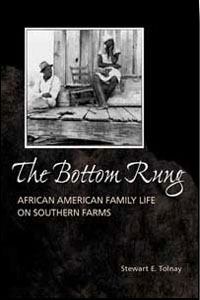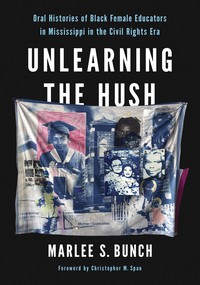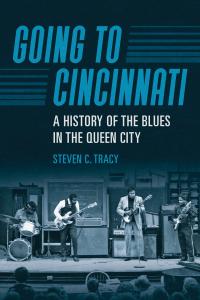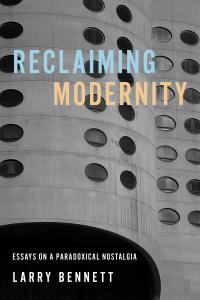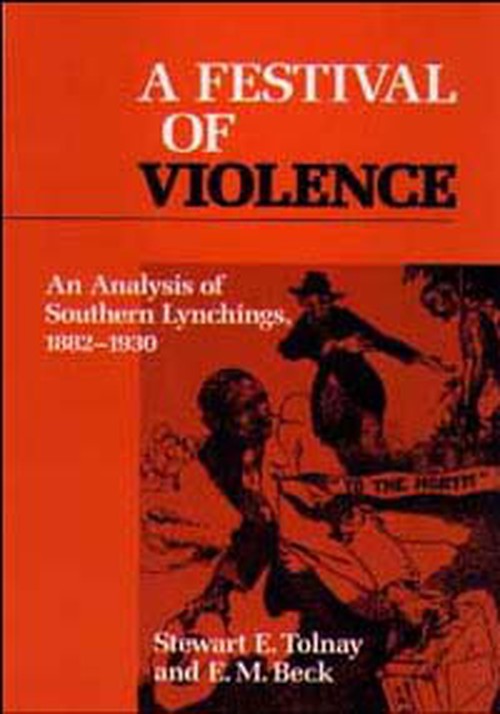
A Festival of Violence
An Analysis of Southern Lynchings, 1882-1930
Uncovering the causes behind lynching
Paper – $25
978-0-252-06413-5
Publication Date
Paperback: 01/01/1995
About the Book
A Festival of Violence presents a detailed statistical study of over 2,800 lynchings in ten southern states. The authors' conclusion: economic and status concerns were at the heart of this racially-driven form of rough justice. Stewart Tolnay and E. M. Beck empirically test competing explanations of lynching's causes using United States Census and historical voting data and a newly constructed inventory of southern lynch victims. Among their surprising findings: lynching decreased in frequency when cotton prices rose and increased when prices fell. Their work proposes a theoretical model focused on social threat and competition for resources; explodes the widespread notion of lynching as popular justice; traces lynching's relationship to other aspects of cotton culture; links between lynching and political participation; and the Great Migration's possible role in the demise of lynching.About the Author
Stewart E. Tolnay is Professor Emeritus of sociology and S. Frank Miyamoto Endowed Professor at the University of Washington. He is the author of Lynched: The Victims of Southern Mob Violence and The Bottom Rung: African American Family Life on Southern Farms. E.M. Beck is Professor Emeritus of Sociology and Josiah Meigs Distinguished Professor Emeritus at the University of Georgia. He is a coauthor of Industrial Invasion of Nonmetropolitan America: A Quarter Century of Experience.Also by this author
